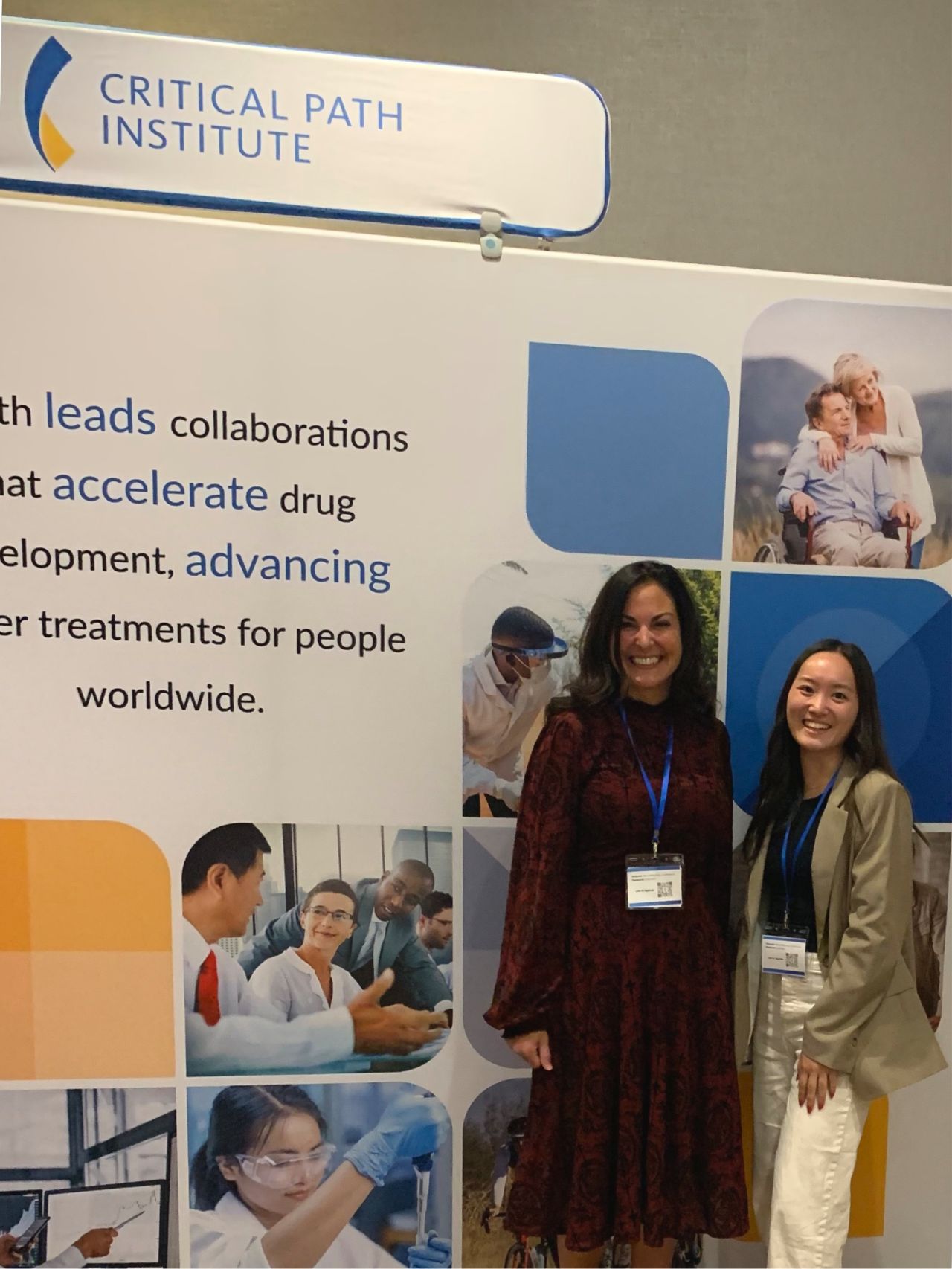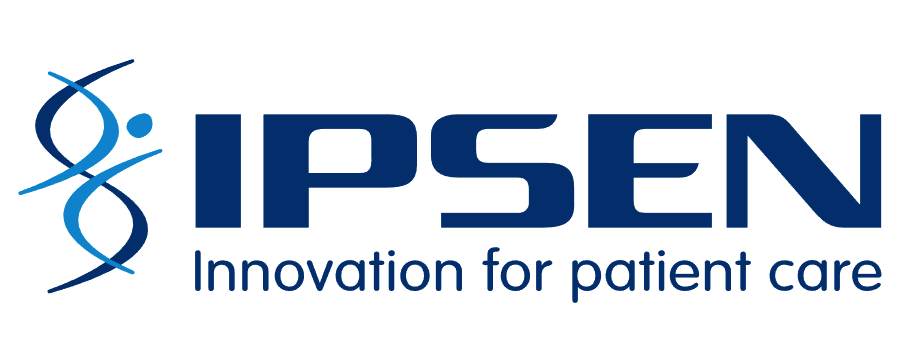
New changes in 2025 ICD-10 Coding includes a code for cholestatic pruritus
Critical Path Global Impact Conference highlights collaborative progress
The Critical Path Global Impact Conference brought together patient advocates, regulators, and industry leaders to engage in vital conversations about improving drug development and approvals. This gathering underscored the importance of collaboration and breaking down silos in data collection, ensuring that every piece of data can serve as a meaningful outcome measure in advancing research for rare diseases. Participants across several portions of the health sector focused on a common mission: accelerating drug development.

Kristin Hatcher, GLI’s Pediatric and Rare Liver Diseases Program Director, was honored to serve as a panelist alongside Gina Smith, Sorin Fedeles, PhD, MBA, Aliza Thompson, Frank Czerwiec (Sparrow Pharmaceuticals, Inc.), Kristin Van Goor (Takeda), and Kerry Jo Lee (U.S. FDA) to discuss, “Refining the Use of Data to Manage Uncertainty.” Through the lens of a person living with Alpha-1 Antitrypsin Deficiency, she highlighted the value of collecting data that reflects the entire patient experiences, noting that insights from “carepartner notes and Facebook support groups” can influence clinical and drug development, particularly in the context of rare diseases where data is scarce. Kristin also stressed the importance of preserving patient dignity in clinical trials and advocated for patient involvement early in the trial process—even before informed consent—to ensure that clinical trials are meaningful and patient-centered.

FDA hearing highlights critical debate over Obeticholic Acid for PBC treatment
In a disappointing announcement for #PBC patients, on September 13 the FDA Gastrointestinal Drugs Advisory Committee (GIDAC) did not recommend continued marketing authorization for Intercept Pharmaceuticals’ obeticholic acid (OCA), a decision that has serious implications for patients who have relied on this treatment since its accelerated approval in 2016. This outcome means that many may now face the loss of an important option for managing their condition.
While we respect the GIDAC’s decision process and recognize their responsibility to ensure patient safety, it is still a disappointing result for the #rare #liver disease community. Intercept Pharmaceuticals, alongside patient advocates, presented extensive real-world data highlighting OCA’s continued benefits. Many patients, including Global Liver Institute Council members L. Marie Asad and Dr. Cecilia Duenas, shared their personal stories, stressing the importance of keeping this treatment available. Despite this powerful testimony, the GIDAC did not recommend moving this molecule forward as a second-line therapy for patients to consider in their care.
Moving forward, the FDA’s accelerated approval process remains critical to ensure our liver patients can receive timely treatment when there are limited options, while clinical trials continue to collect evidence for full FDA approval.
Global Liver Institute remains committed to advocating for patients and will continue working to ensure that their needs and voices are prioritized.
Celebrating advancements in cholestatic disease treatments in the EU
Ipsen has achieved progress in the fight against cholestatic diseases, marking two important victories for patients. The conditional approval of Iqirvo® (elafibranor) in the EU introduces a much-needed treatment option for PBC patients, expanding choices in a field with limited alternatives. In the same week, Kayfanda® (odevixibat) was granted approval under exceptional circumstances for cholestatic pruritus in Alagille syndrome (ALGS) to address pruritus, a severe symptom that significantly affects patient quality of life.
Orphan designation granted for a treatment for polycystic liver disease
Camurus’s investigational medicinal product, octreotide subcutaneous (SC) depot (CAM2029) for polycystic liver disease (PLD) has received orphan designation from the EMA. This important designation comes at a time when, lacking treatment options, PLD results in patients requiring liver transplants in severe cases. CAM2029 is an injectable formulation of octreotide that may be suitable for home administration. Octreotide is a hormone recognized for its ability to regulate other hormones and inhibit tumor growth. This therapy is designed not only to mitigate disease progression but also to improve symptom management, which is critical for enhancing patient quality of life. Clinical trials for this drug are currently enrolling patients.
Changes in 2025 ICD-10 Coding includes a code for cholestatic pruritus
We are pleased to announce the extension of the existing ICD-10 codes for pruritus to include a specific code for cholestatic pruritus, effective October 1, 2024. This addition allows healthcare providers to accurately document and classify liver-related itching to recognize the liver’s role in this symptom, rather than categorizing it as “unspecified.”
Moving forward, we encourage healthcare professionals, researchers, and advocates to collaborate in utilizing this new coding to enhance patient care and support ongoing research efforts.
The codes have been updated as follows:
- L29.8 Other pruritus
- L29.81 Cholestatic pruritus
- Code also, if applicable, type of liver disease
- Use additional code for adverse effect, if applicable, to identify drug (T36-T50 with fifth or sixth character 5)
- L29.89 Other pruritus
- L29.9 Pruritus, unspecified
- Itch NOS
Upcoming Events
- October 4 – 6, 2024: Wilson Disease Association Annual Conference – Charlotte, NC, USA
- October 18 – 20, 2024: PSC Partners Annual Conference – Phoenix, AZ, USA
- October 20 – 22, 2024: NORD Breakthrough Summit – Washington, DC, USA
- October 23 – 24, 2024: BIO Patient & Health Advocacy Summit – Washington, DC, USA
- November 6 – 9, 2024: NASPGHAN Annual Meeting – Hollywood, FL, USA
- November 15 – 19, 2024: AASLD The Liver Meeting 2024 – San Diego, CA, USA
For more information about the Pediatric and Rare Liver Diseases Council or to learn more about joining, please visit our webpage or email pedsrare@globalliver.org.



